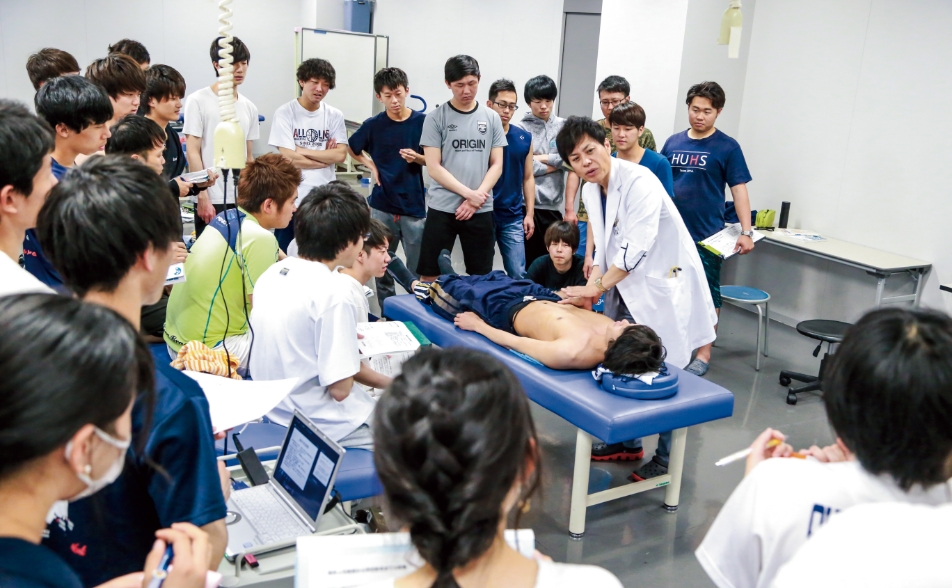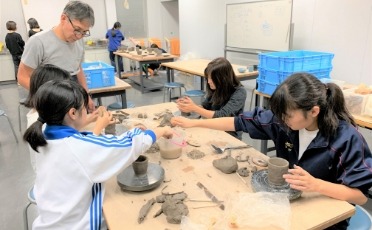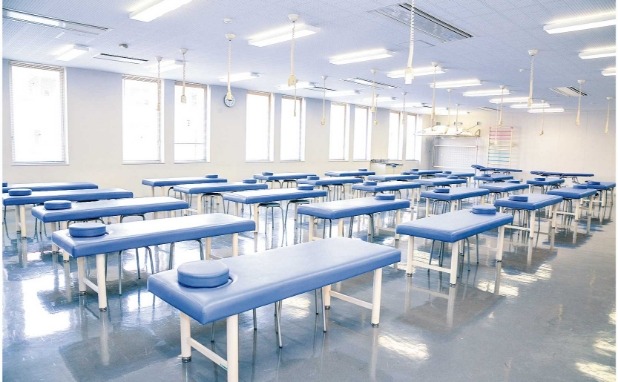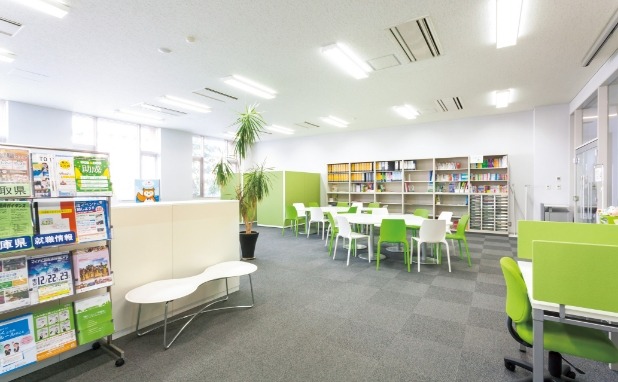School of Rehabilitation
School of Rehabilitation
Two departments to enhance your expertise
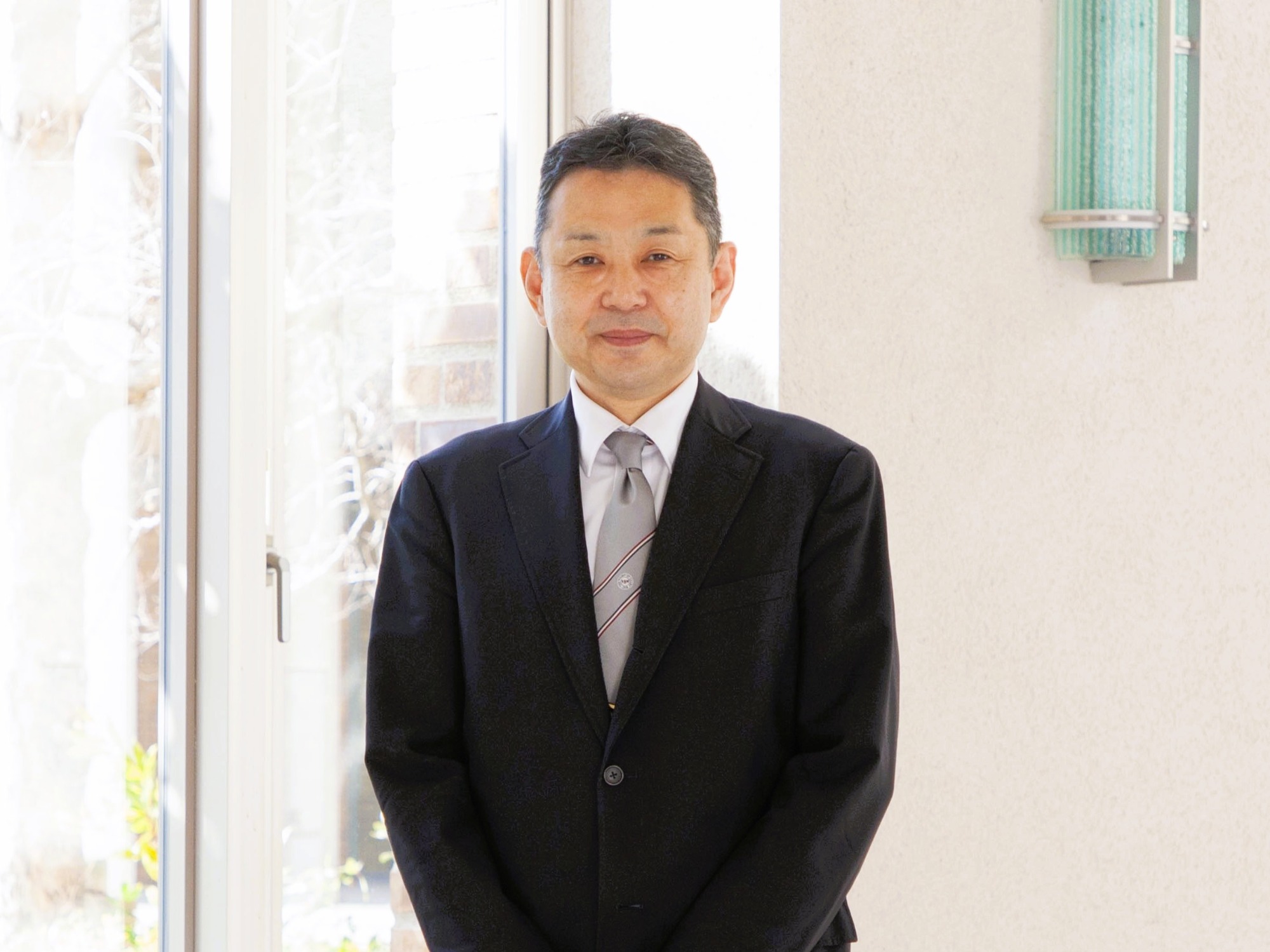
Message from the Dean, School of Medicine
The introduction of robots and AI is bringing about major changes in the field of rehabilitation. In this context, our faculty will support students in acquiring 1) delicate and reliable treatment techniques that are comparable to those of robots and AI, and 2) the ability to flexibly use robots and AI, in order to nurture physical therapists and occupational therapists of the new era.
What is rehabilitation?
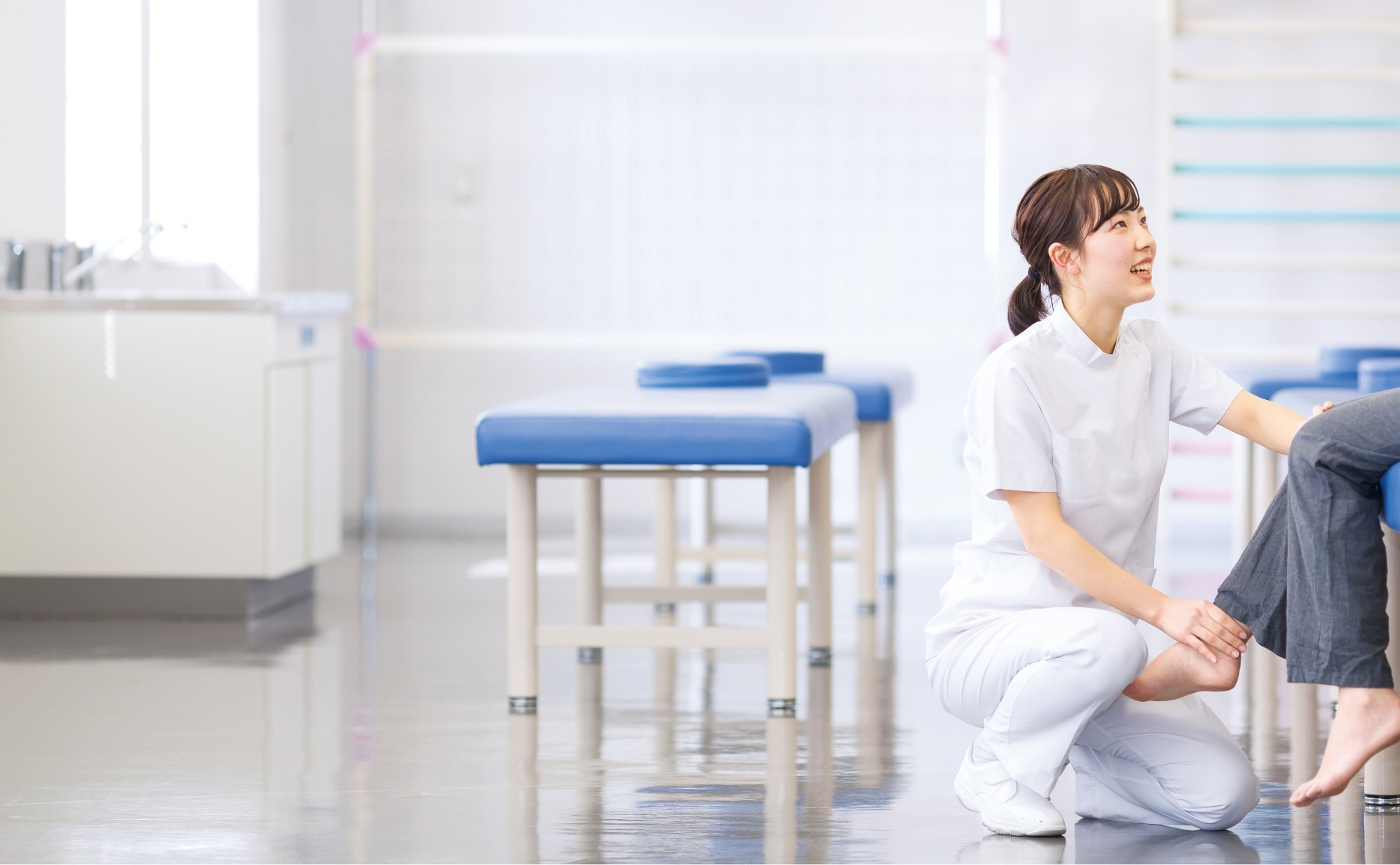
Rehabilitation is the "intervention" to improve the physical abilities and functions of a person who has been reduced due to illness or injury. The aim is to bring the person closer to their original physical and mental state through exercise therapy such as stretching and strength training, physical therapy, crafts and recreation.
Difference Between Physical Therapist and Occupational Therapist
Physiotherapists and occupational therapists are "rehabilitation specialists" who provide physical and mental support to people who have become physically or mentally disabled due to illness or accidents. Although both have similar fields of study in that they aim to restore function, while "physical therapy" focuses on exercise therapy, it also includes physical therapy, which is a treatment using equipment, and "occupational therapy" also includes areas of mental, developmental, and elderly disabilities, so it tends to emphasize the "mind."
Physical Therapist
Walking, standing, sitting, etc.
Leading to recovery of basic physical movements
We aim to restore function by using therapeutic methods such as exercise therapy and physical therapy using equipment, focusing mainly on basic physical movements such as walking, standing, and sitting.
Occupational Therapist
Supporting daily life by influencing physical and mental functions through occupational activities
Through various work activities, we bring out the mental and physical functions and activity abilities of each recipient, and support each recipient's important daily life, including eating, getting dressed, housework, hobbies, and work.
